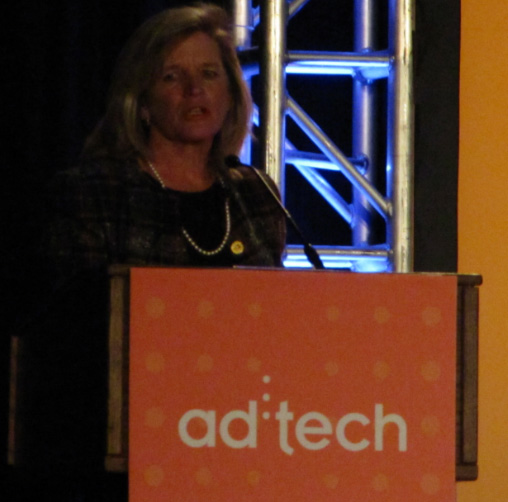“Uber built a very anti-fragile business in regards to having the Eats business and having the Rides business,” says early Uber investor Jason Calacanis. “When the Ride’s business went down that kind of indicates people are staying home. When they stay home they use Uber Eats and increasingly Drizly, Cornershop, and Postmates. Watching the Uber team take on this challenge of the pandemic year has been really impressive.”
Early Uber investor Jason Calacanis says that unlike Lyft, Uber built a very anti-fragile business with the combination of Eats and Rides and has become relentlessly focused:
Uber Built A Very Anti-Fragile Business
What we’re really going to see here is that Uber built a very anti-fragile business in regards to having the Eats business and having the Rides business. When the Ride’s business went down that kind of indicates people are staying home. When they stay home they use Uber Eats and increasingly Drizly, Cornershop, and Postmates. People are ordering groceries. Watching the Uber team take on this challenge of the pandemic year has been really impressive.
It reminds me a lot of Disney and how they got focused around Disney+ as the center of the organization. They looked at what was happening in the pandemic and said parks are great, merch is great, movies are great, let’s just put everything into Disney+ and accelerate that. Look what happened to that company. I’ve got to give Dara Khosrowshahi a lot of credit. He got rid of a lot of the noise like self-driving cars which are a multi-decade kind of vision. He sold off the places where they weren’t going to be in first, second, or even third place. He did JVs and sold off those businesses like Russia and China, etc. That’s well documented.
The Space Can’t Have 50 Players Losing Money
They found a new really inspiring footing which is if Amazon is two-day delivery going to one-day, Uber’s is one-hour delivery going to 10-minute delivery. That is Travis Kalanick’s original vision for Uber. When I met with him when he was building the company and I was the third or fourth investor his vision was this is a logistic company. We took atoms in the world made them bits on the internet. Now we’re going to take bits on your phone, an app, and we’re going to move atoms in the real world. That was his original pitch. Here we are in decade two where I’m still own the same shares I’ve had since I bought them for a penny or whatever back in 2008 or 2009. I remain super bullish. I have a huge position in Uber and I’m going to hold it for the next decade.
It’s fairly obvious that there are acquisitions and consolidation that need to happen in the space in order for it to be profitable. The space can’t have 50 players losing money. We’ve watched Lyft, Postmates, Doordash, and everybody, say that we’re going to have to charge what this product is worth. We’re going to have to stop burning money. There’s no free VC money. The public markets are not down with lose money forever and grow. I think we found a happy medium here between what public market investors want, profits, and what private market investors want, growth.
Uber Has Become Relentlessly Focused
I think Dara has done an exceptional job. Some things will come from acquisitions but most of it has to be just relentless execution and focus. That is the inspiring part of what happened here. Uber has become relentlessly focused. Things that were coming in 10 or 20 years like self-driving in all likelihood will be a commodity business. In 10 or 20 years there’ll be five companies who have that technology. VTOLs are very fascinating and very interesting, but again that’s probably seven, eight, nine, or ten years off as a very niche product.








